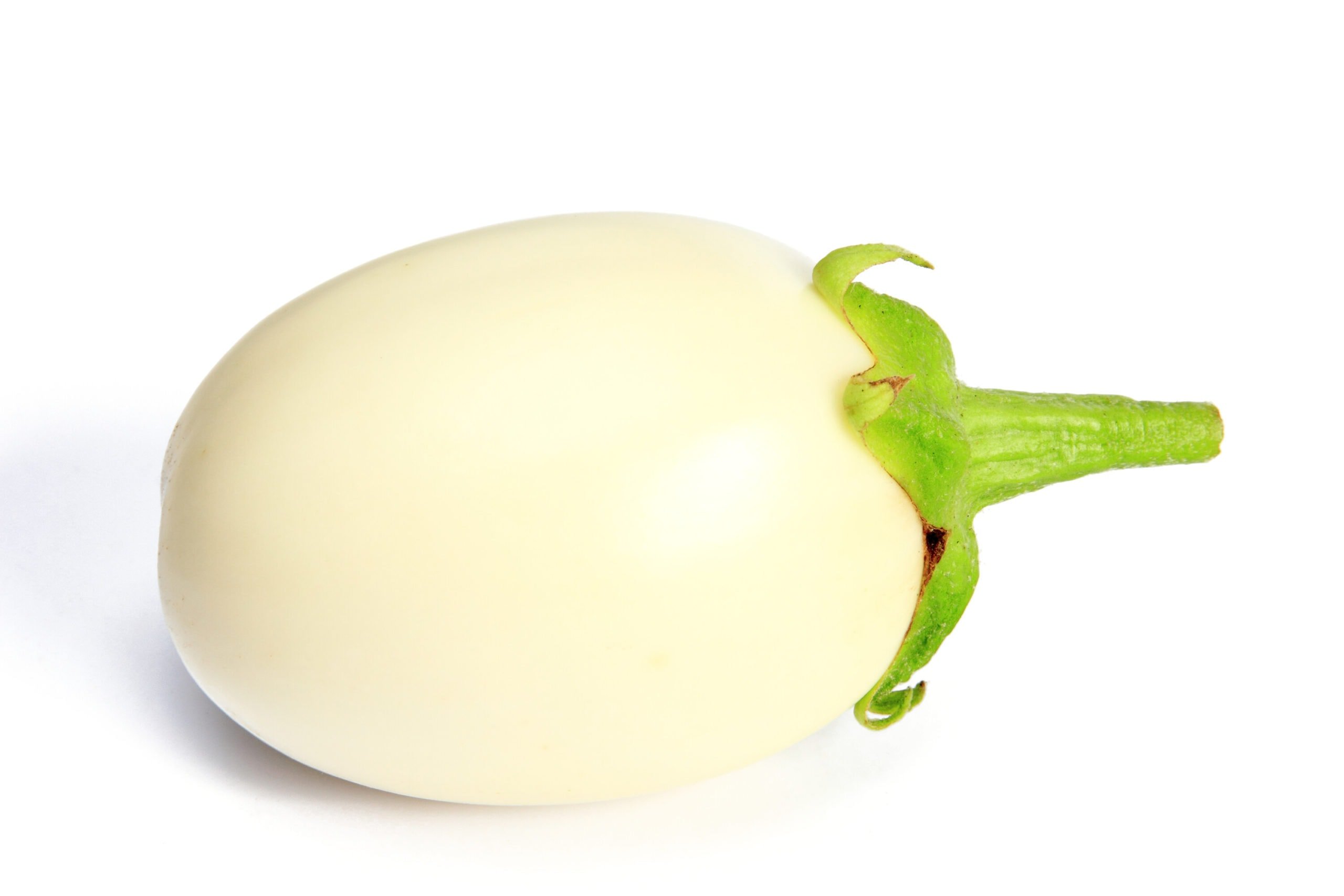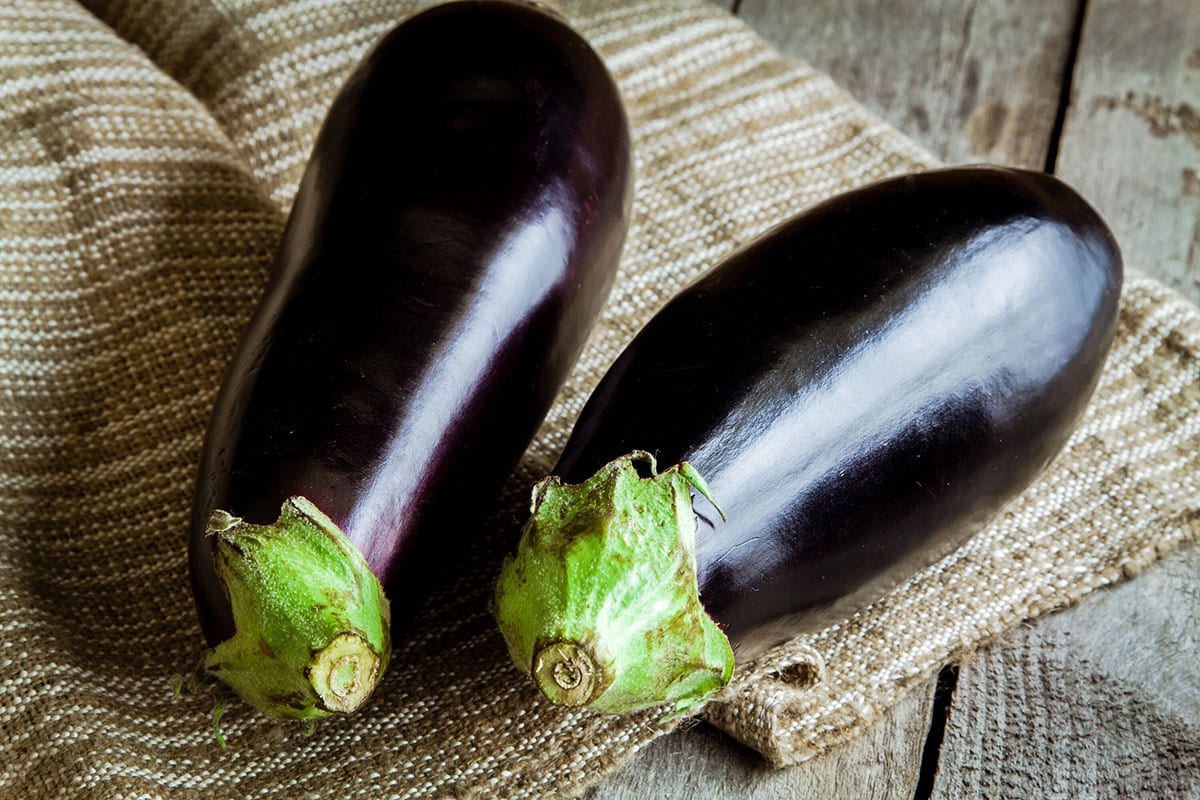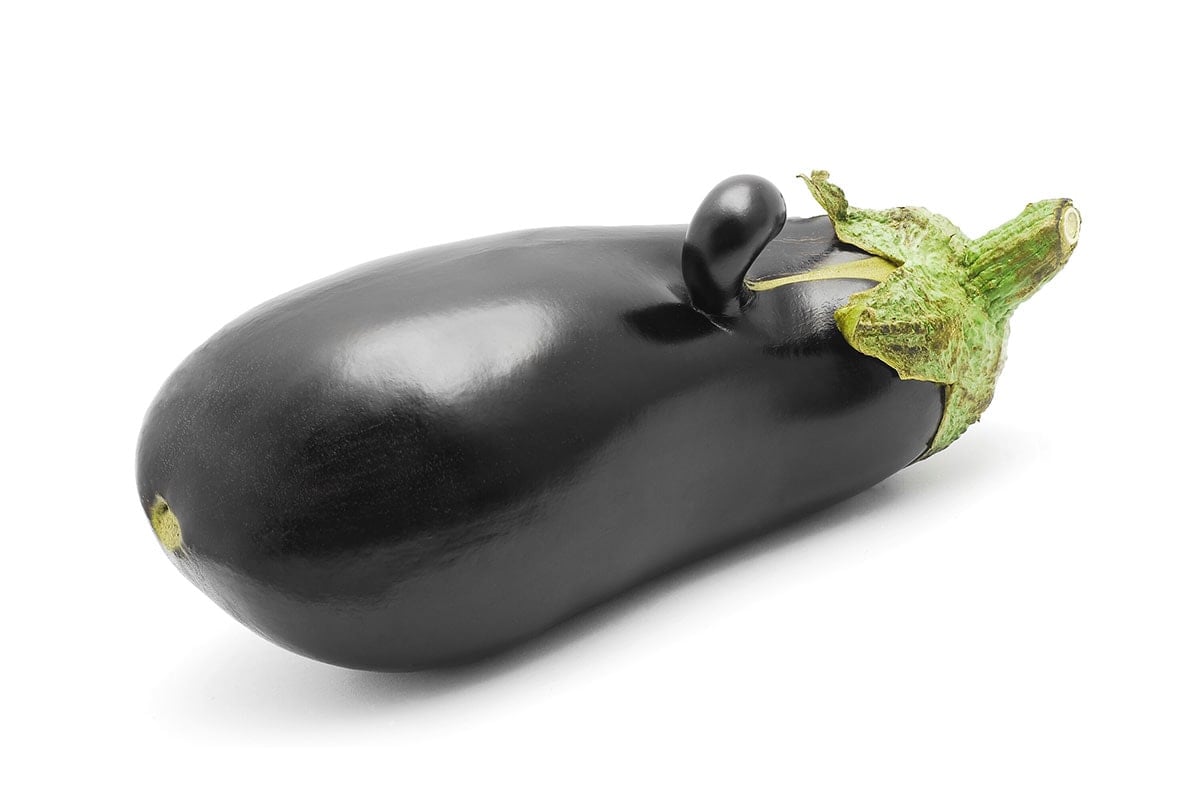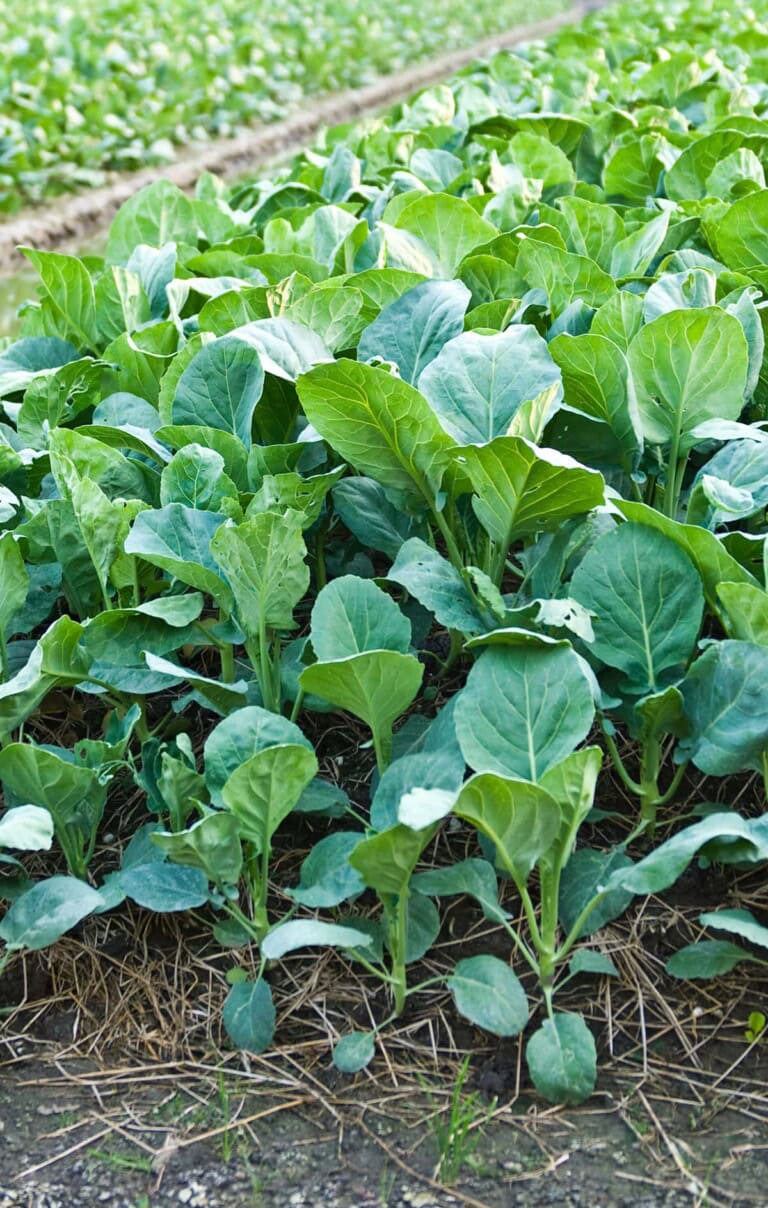Garden Egg
Garden Egg
Sometimes, I honestly think that it has been a while since we have last said hello to each other. Or is it just me? Too clingy? Okay, I’ll work on it. But seriously, how are you all?
I really hope that it has been good and if it hasn’t then don’t worry behind every dark cloud there’s a silver lining. Never give up, it’s when we travail and think that it’s time to give up when God is preparing you to receive your victory. So, just hold a bit longer, you’ll see.
Ok so, you read the title but many of you know it as eggplant or other names across the globe. WhatsApp even has the purple eggplant as an emoji under the food section that’s how famous the other type of our guest star is.
But I’m sure you’ve seen it, never tried it while some of you have. But the joy about this article today, we are going to dive in on what it does for your body and many more. Without further ado, let’s go!

What Is A Garden Egg?
Well, if you read our article about African Bird Pepper, you will realize that they are from the same family! So, after you read this article, don’t be afraid to head over to that one to check it out, if you haven’t already.
Right back to the garden egg, the plant is a perennial which is said to be native to India or Africa. So, all our Indian and African h-steppers a quick shout out to you all. But even though the plant may be native to those two countries it is now cultivated worldwide.
A quick fun fact is- Approximately 79% of the world’s production of eggplant comes from China and Southeast Asia. In Japan, I heard that it is considered amongst the top 5 most used and important ‘vegetable’.
I put vegetables in quotation because botanically, eggplant is considered a berry. Even though often cooked as a vegetable, it is indeed a fruit. The plant is evergreen in color along with its leaves that produce a light purple or white flower.

Garden Egg Varieties
Now, one of the amazing or intriguing things about this plant, is that there are different types of the plant that produces fruits of different color, shape, and size.
How so? Well, normally the regular eggplant that you see are long and ovoid, that are thick (2.5 inches or above broad) with normally dark purple smooth skin.
The other type that you will see are the less popular ones which are the white varieties of eggplant. Now, these are known as Easter white eggplants, Casper or white eggplant and finally, little drum rolls please- garden eggs.
Garden eggs are usually white, yellow, light yellow to green with smooth glossy skin that resembles the shape and size of an egg. Hence, its name garden egg.
However, there are times when the fruit shapes like a pumpkin or round, even longer at times. These are the specialty of eggplants, where even the purple kind tends to grow like that sometimes. The pulp is crunchy once not cooked with an off-white color and edible small seeds.
What Does Garden Egg Taste Like?
So, we established how it looks but really a key factor is how it tastes. Well, it is usually spongy when cooked but it has a crunchy texture coupled with a slightly bitter flavor.
Vegan Eggplant Recipes
Health Profile
Yes, we have finally reached this section! Who is ready to find out some amazing benefits of a garden egg? Let’s go!
Nutritional Profile For Garden Egg
So, we eat the fruit but we don’t know the full extent of the nutrients the garden egg contains. Well, that’s for some of you. The following are popularly known components in the garden egg:
Macronutrients:
- Carbohydrates
- Protein
- Sugars
- Dietary fiber
- Fat
Vitamins:
- Thiamine (Vitamin B1)
- Riboflavin (Vitamin B2)
- Niacin (Vitamin B3)
- Pantothenic acid (Vitamin B5)
- Pyridoxine (Vitamin B6)
- Folate (Vitamin B9)
- Ascorbic Acid Vitamin C
- Vitamin E (Alpha-tocopherol)
- Vitamin K
Minerals:
- Calcium
- Iron
- Magnesium
- Manganese
- Phosphorus
- Potassium
- Zinc
Other components:
Flavonoids
Lutein zeaxanthin
Nasunin
Choline

10 Health Benefits of Garden Egg
Top 3 Health Benefits Of Garden Egg
-
Rich in Antioxidants
Vitamin C, Vitamin E, magnesium, manganese, lutein, zeaxanthin, and flavonoids are vital and powerful antioxidants in eggplants/aubergine. Antioxidants help our body to shut down highly reactive free radicals and add many health-promoting benefits to the human body. But what are some other benefits of these antioxidants? Let’s quickly look at the first four briefly.
Vitamin C (Ascorbic acid)– Vitamin C is widely known to improve your immune system and helps to; protect cells, maintain a healthy cartilage/teeth/bones/skin/blood vessel, prevent/treat scurvy, assists with wound healing,
Repair tissues, help produce enzymes that procreate neurotransmitters (these are the chemical messengers in your nervous system that transmit messages from a nerve cell across a synapse to another target cell e.g. another nerve cell), absorbs iron, a vital antioxidant that helps to neutralize free radicals and many other body functions.
Vitamin E (Alpha-tocopherol)– Assist in improving the immune system, improves vision, may lower risk of cancer, helps to prevent inflammation, and may improve skin health.
Magnesium- Yes garden egg has magnesium! Magnesium regulates; blood pressure, blood sugar levels, and muscle and nerve functions. It also assists in the production of protein, DNA, and bone.
Manganese– Manganese is a part of superoxide dismutase (SOD), a vital antioxidant that is rated as one of the most essential antioxidants for our bodies. Amazing right? Well, manganese also helps to improve bone health, reduce inflammation, may help to regulate blood sugar levels, and more.
-
Immune System Booster
The numerous components existing in the garden egg like; iron, Vitamin B6, Vitamin B9, Vitamin C, and Vitamin E, zinc, and protein- give a massive boost to your immune system. Which in return helps to; repair damaged cells, create and activate T ‘killer’ cells that activate other helper cells, helps to create other white blood cells, mitigate and fight against bacteria, viruses, diseases, and other microorganisms.
-
Helps to improve digestion
Garden eggs contain fiber that is good for your body. A good digestive system helps to prevent abdominal pain, constipation, loose tool, diarrhea, gastrointestinal symptoms, and bloating. Fiber and phosphorus are present in star apple which helps with removing these issues beforehand or during that soothes the digestive system to function effectively.
Other Health Benefits:
- Promotes Weight Loss
- Rich in Vitamin B
- Promotes Healthy Bone
- Good for Pregnant Women
- Prevents Anemia
- It May help to prevent diabetes
- Maintains Blood Pressure Levels
- Prevents heart diseases
- Helps to reduce bad cholesterol
- May reduce the risk of cancer
- Assists with cognitive function
- Helps to improve eye health
Other Similar Articles
Frequently Asked Questions
When Is The Season For A Garden Egg?
Garden eggs are typically peak in abundance all year round. Yes, you read that right! Just one of the cool things about this fruit and its plant.
Where Can I Purchase Garden Eggs?
Garden egg may not be as popular as the purple eggplant but it is still accessible. You can purchase garden eggs at your local farmer’s market and at your nearest supermarket. If still no luck you may try online.
How Do I Store Garden Eggs?
There are a few methods, but two are- keeping them out in a dry area or keep them refrigerated.
Is Garden Egg The Same As Eggplant?
Garden egg is a type of eggplant that shares the same family along with many other varieties. The most popularly known eggplant is the purple eggplant. It is said that garden egg is native to Africa, where it is much appreciated.
How Long Does A Garden Egg Take To Grow?
Garden eggs usually take about 2 months to grow after transplanting and may begin to bear quickly right after or at about those said 2 months. However, it takes about 120 days/4 months to grow if it started from seed. Also, remember for each type of eggplant may differ.
Is Garden Egg Good For Health?
Yes! Many people incorporate it into their dishes. Just take a look at the nutrients present that we listed, that’s a good tattletale. We also listed some health benefits of the fruit too.
What Is The Side Effect Of A Garden Egg?
So, despite its benefits eating the fruit during gastritis could lead to worsening the problem, e.g. bloating. In addition, eggplants contain alkaloids, including solanine, which can be toxic. It is said that eating the leaves or tubers of these plants can/may lead to symptoms such as burning in the throat, nausea, and possibly vomiting.
Is Garden Egg Fruit Or Vegetable?
Garden egg is often cooked like a vegetable but is known botanically as a berry, in other words, a fruit.
Can Garden Egg Assist With Weight Loss?
The fiber that garden egg contains and other nutrients present, helps with keeping you full. Therefore, reducing the number of calories, you consume and eating less. So yes, it does assist with weight loss.
So, we hope that this article was helpful and you’ll give the garden egg a try. Until next time stay safe and like I always say bon appétit!

If you enjoyed this post and would love to see more, join me on Youtube, Instagram, Facebook & Twitter!
Get discounted copies of my cookbook here.
Also please leave a star rating ;-)
Need some encouragement on your Healthier Steps journey?
Join our Facebook groups, sharing lots of delicious vegan and gluten-free recipes, health tips, etc., from our members. Please join us and invite your friends to Gluten-Free and Vegan For Beginners and Vegan Recipes With Love.







I found it interesting.
Thank you